Last updated on November 30th, 2023
Featured Image: There’s more to safe travel planning than where to stay and what to see. / Photo by Karolina Grabowska from Pexels
Financial Fine-Tuning for Women from Expert Libby Wildman
By Amanda Burgess, Editor, JourneyWoman
JourneyWomen are seasoned travellers who have circled the globe a time or two. We’ve learned some hard lessons. Life has given us more than our share of challenges and setbacks, the pandemic only one of them.
There is much we can do to prepare ourselves and our finances for the day every traveller feels comfortable packing their bags again. At JourneyWoman, we seek to arm you with the knowledge and tools you need to hit the skies, roads, and seas running.
Most women understand how to save for and fund their travels. Most buy travel insurance. But there are more financial considerations and implications to travel than paying for your trip and purchasing insurance to cover it, particularly for women who are widowed or single. Things most of us never truly think about.

We sat down with Libby Wildman, entrepreneur, financial planning expert and member of the JourneyWoman Travel Advisory Council, to ferret out what should make its way onto our pre-travel checklists to ensure that women reduce risk and are prepared to travel safely. As principal at Davis Rea, Libby works almost exclusively with women – entrepreneurs, seniors and families – to ensure they plan for the future.
In Wildman’s years of experience, she has observed that women have a complicated relationship with money and its management. “Women hate feeling dumb. They worry about running out of money and living like a bag lady at some future point,” she says. “They want to feel safe. They want to understand the jargon and feel like they are in the know. They want independence. The fact is that women will more often than not be solo money managers through divorce and widowhood.”
That’s why her number-one tip for women of all ages is to partner with a financial advisor that you feel comfortable with. She’s witnessed first-hand what happens to women – even smart, savvy, successful women – when they have an advisor who isn’t the right fit for them.
Photo by Dzenina Lukac from Pexels
1. Get a financial advisor you trust and feel comfortable directing
If there’s one thing Wildman can’t stress enough, it’s that you need to trust the people who handle your will, insurance, and investing.
“Do you feel comfortable with them? Do they understand you and your objectives? We have had three clients – extremely successful women in business – who have gotten zero attention from their investment advisors at some banks. They’re too intimidated to call these brokers and tell them they’d like to move their account,” she says. “Why are you intimidated by somebody who’s actually working for you? There’s something about the female psyche – we don’t want to upset people and we don’t want to disturb them.”
If you’re shopping for an advisor or want a second opinion on something yours recommends, Wildman suggests meeting with one a couple of times so you can feel comfortable to ask uniformed questions, understand what’s going on with your portfolio, know that you getting involved will be welcomed, and in general feel that things will be managed the way you want them to be.
While that person doesn’t necessarily have to be a woman, it certainly helps. “I know what it’s like to be a woman, a mom. I get what it’s like to be going through menopause. I get what it’s like to have been harassed while traveling. Men don’t get that,” says Wildman. “It’s nice to have a female advisor because there’s an easy sympatico.”
2. Get your legal document ducks in order
You’d be surprised how many women die without a legal Will or Power of Attorney in place. In fact, a 2020 survey by Caring.com found that 68% of Americans do not have a will or other type of estate planning document – a decrease of 25% since the 2017 survey. The landscape is similar in Canada, with surveys by Lawyers’ Professional Indemnity Co. showing that 56% of Canadians do not have a signed will, with not knowing how to get started and not being able to afford one as the most common reasons cited.
This is problematic, as not having a will in place can wreak havoc on your family and heirs in the event of your death, with hefty legal bills and disputes as fallout. This holds true whether you have a large or modest estate.
If you travel frequently, it’s even more important to have both a will and Power of Attorney – and not only for the usual reasons.
“When the volcano erupted in Iceland in 2011, people couldn’t get home because the planes couldn’t fly through the ash,” says Wildman. “I had a girlfriend who was stuck there for weeks. There’s things like financial Power of Attorney you want to invoke when you’re not capable of signing things for yourself, so your person could pay your rent, sell your house, renew your mortgage, pay your utilities, or access money for your kids. People don’t tend to think about this for travel, but it’s happening more and more – look at COVID, right? There are people who couldn’t get home for a long period of time.”
Wildman recommends having your financial house buttoned up tighter with a Will and living Power of Attorney – and making sure that your executor(s) and key family members either have a copy of the documents or know where they are located in your home or safety deposit box.
Photo by pch.vector on Freepik.com
3. Choose your Power of Attorney carefully
It’s something none of us want to think about, but Wildman gently points out that elder abuse is becoming more and more prevalent. It’s important to choose a Power of Attorney that will always have your best interests in mind – and that isn’t always necessarily a family member named in your Will.
“If you are an older woman and you’re travelling frequently, who has access to your bank account at home? There are a lot of kids and grandkids who pressure their parents or grandparents for money as they get older,” she says. “I would be very mindful of who you give access to your accounts while you’re travelling. Who is looking after things? Who has Power of Attorney? There are courses that you have to go through if you’re a lawyer, accountant or real estate agent, but to be somebody’s Executor or Power of Attorney, there’s no course. People think it’s a favour to give it to their daughter or son to be that person, when it’s actually a huge amount of responsibility.”
4. Check your employer-provided out-of-country travel coverage
Wildman advises women with out-of-country travel coverage through group benefits at work to double check the policy before travelling.
“If you have out-of-country travel coverage, you’re generally good for 60 days of travel without having to buy more insurance, but that insurance may only be valid if you’re travelling to certain countries, and if you’ve had a negative COVID test,” she says. “Check that you have coverage, that it covers you in the country you’re going to, and for the duration of your trip. And always remember that if you’ve had a change in medication or your health in the last four to six months, you may not be covered at all until your situation is considered stable.”
5. Have code words for any financial requests you make from overseas
If you’re going to be travelling for long stints, or you are caught in a situation where you need to pay upfront for medical care, there’s a chance you might need to access funds. Wildman recommends that you provide your family and financial advisor with a code word so they know that any money requests made to them are coming from you.
“I’m sure we’ve all received that email that says ‘Hey Libby – it’s Lisa. I’m stuck in so-and-so country and I need you to send me a couple thousand dollars.’ You can’t believe how many people that scam gets,” says Wildman. “It’s a good idea to have an identifiable word or sentence that you use in email communication to identify yourself. It never ceases to amaze me how creative bad people are about taking money from others.”
6. Beware of financial scams in countries you visit
Savvy travellers do their research and are well aware of popular scams in the countries they choose to visit. But even then, it’s easy to get taken in by sophisticated scams.
“When you’re travelling and somebody asks you or money, an investment, or there’s property they want you to buy, I would call a trusted source to check it out,” says Wildman. “Don’t talk to their lawyers, their investment people, their referrals – call your own and check it out, because there are more and more people being duped by things like that. There are also very different international rules. You might think you’re going to leave some money in Italy or the Cayman Islands because it will sit there and grow tax-free for the next time you come back. Many times, these are scams, not to mention illegal.”
Photo by Glenn Carstens-Peters on Unsplash
7. Plan for the unexpected and unthinkable
When people think about mitigating risk while they travel, they think in terms of travel insurance that covers them for the period of time that they’re away. But there are long-term risks to getting sick or having an accident – and they come after a trip, when you’re back at home.
“People are not fully aware of the risks of getting sick or having an accident. It’s not necessarily just will your insurance bring you home or pay while you’re in the hospital, but when you get back, do you have critical illness or long-term disability insurance in place,” says Wildman. “Illness is more about the cost of being in hospital for a couple of weeks. If it’s an infectious disease, if it’s cancer, if it’s a heart attack – now you have a complete life change. It’s not only about making sure you have the money set aside, but do you have life and disability insurance?”
Wildman once had a client whose virus caused a serious heart issue who had to step back from his senior position. “He was ready to go back to work in six months, but the business didn’t want someone who’d had a heart attack running the company,” she says.
8. Buy stand-alone COVID insurance…and book refundable flights
Wildman recommends reading over your Group Travel Benefits booklet or the fine-print on any insurance policy you are considering for your trip, and consider purchasing stand-alone COVID insurance if you’re not adequately covered.
“My group travel plan for instance only covers me for $2,000 if I get stuck somewhere, and who knows what a two-week quarantine would cost me if I got diagnosed or stranded. It cost me $70 through my travel agent to buy a COVID policy with Manulife,” she says. “I also never book the lowest fare on airlines anymore. I always buy a fundable ticket. Travel costs more, but I don’t want to chance losing thousands of dollars if COVID shuts me down, or for personal safety reasons I no longer want to travel. I think we all need to put aside a few more dollars when we anticipate budgeting for a trip now.”
9. Don’t risk your travel fund by investing it right now
Tempted to invest the money you’d saved for travel in 2020 and 2021? Don’t do it if you’ll need the money in the next year or two.
“My rule of thumb is if you need money in the next year or two, don’t take risk with it,” says Wildman. “If you want to go and buy a place in another country that you’ve come to love, or if you want to go travelling for six months or on sabbatical, now you’re saving for something five or 10 years in the future,” she says. “Work with your advisor and an accountant and make sure they know your timing, but even then, it doesn’t make sense to take a lot of risk.”
More From Our Advisory Council
Five Ways to Save Money on Travel: Tips from the 2025 New York Travel and Adventure Show
Travel experts Pauline Frommer and Peter Greenberg share tips to save money on travel at the 2025 New York Travel and Adventure Show.
JourneyWoman Webinar: How to Save Money on Travel with Skyscanner
Join us on Tuesday, February 11 for a webinar with Skyscanner to bust open some myths about booking travel and ways to save money.
Holiday Travel Tips to Save Money on Flights
Five expert tips to help you save money on flights and get the most value for your dollar, from travel writer Scott Laird.

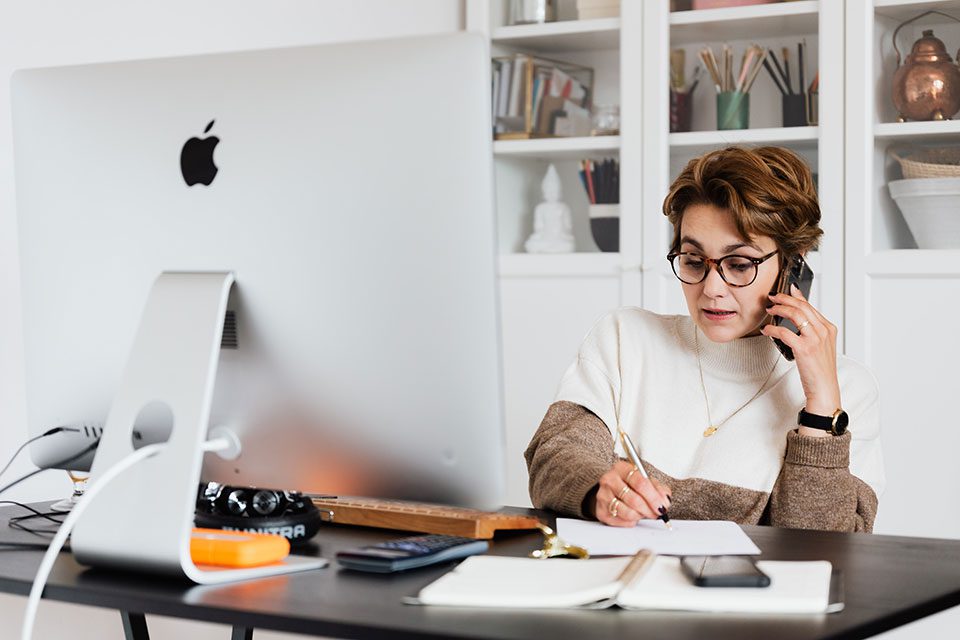

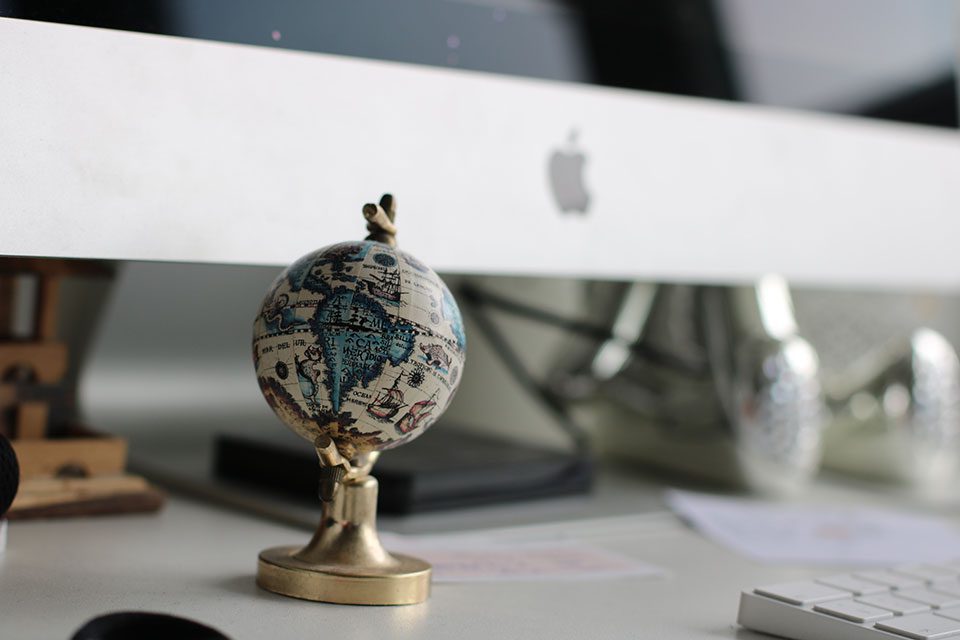
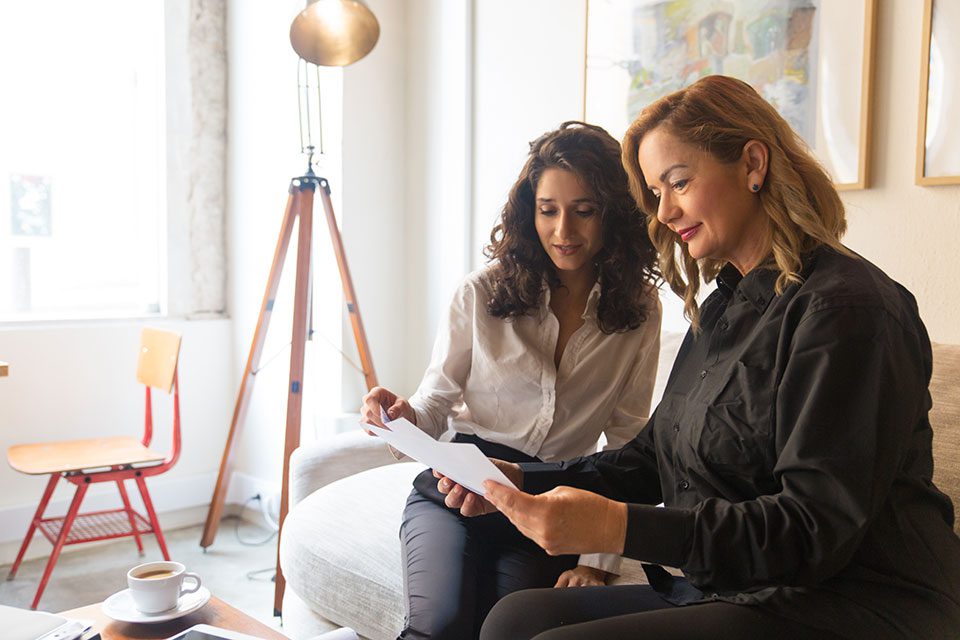
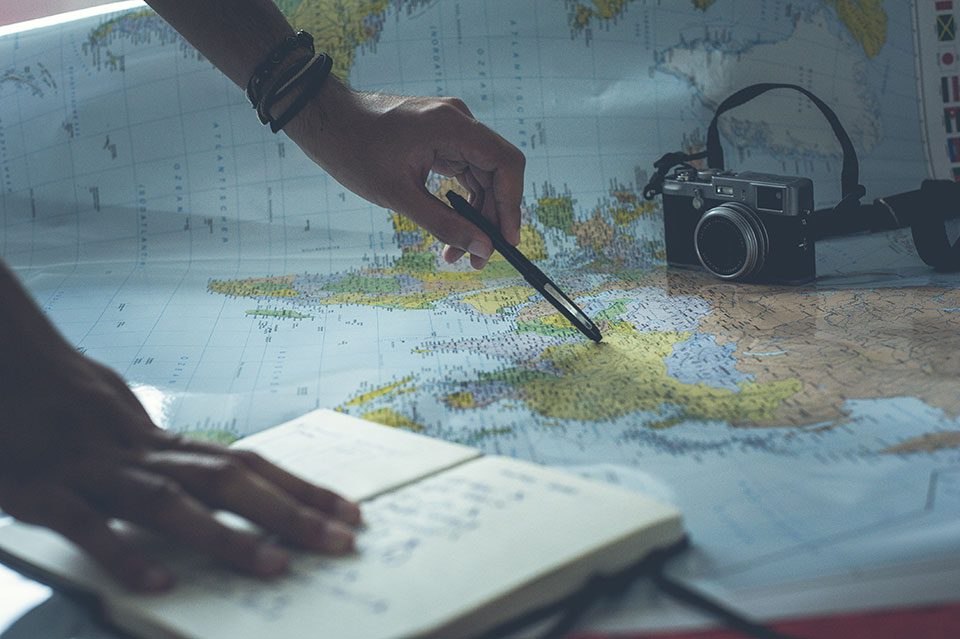

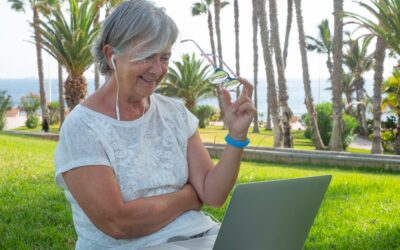

0 Comments
We always strive to use real photos from our own adventures, provided by the guest writer or from our personal travels. However, in some cases, due to photo quality, we must use stock photography. If you have any questions about the photography please let us know.
Disclaimer: We are so happy that you are checking out this page right now! We only recommend things that are suggested by our community, or through our own experience, that we believe will be helpful and practical for you. Some of our pages contain links, which means we’re part of an affiliate program for the product being mentioned. Should you decide to purchase a product using a link from on our site, JourneyWoman may earn a small commission from the retailer, which helps us maintain our beautiful website. JourneyWoman is an Amazon Associate and earns from qualifying purchases. Thank you!
We want to hear what you think about this article, and we welcome any updates or changes to improve it. You can comment below, or send an email to us at [email protected].